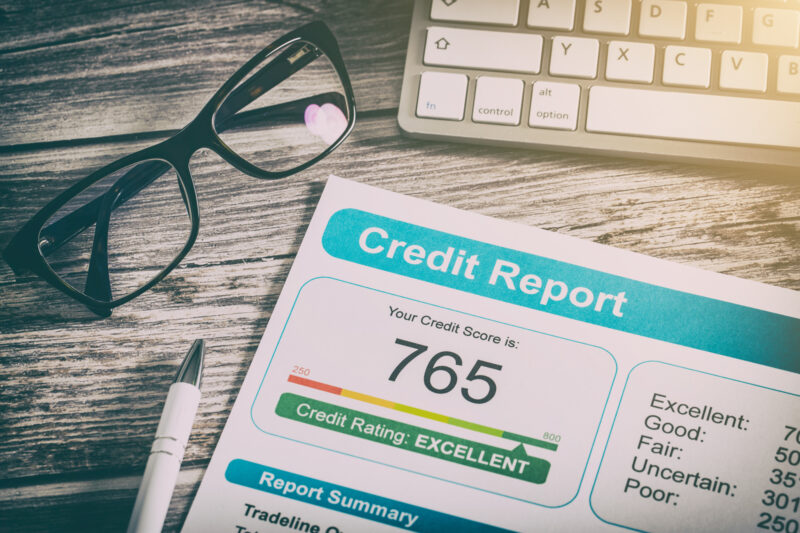
4 Incredible Benefits of Having Good Credit
In 2020, the average credit score in the US was 711, an increase of eight points from the year before. The silent generation, consisting of people aged 75 or older, topped the list with a mean score of 758. By contrast, the youngest creditable generation Z had the lowest scores, averaging 674.
Those digits still classify as good credit scores. However, they’re only averages, so many others have scores lower than that. Some even have bad or subprime scores.
If you’re a new credit score holder or have a poor score, you definitely want to aim high. This guide lists the top reasons why, so be sure to read on.
1. Higher Chances of Having Your Credit Applications Approved
According to this guide from The Credit Agents, a credit score between 800 and 850 is an excellent score. By contrast, any score below 600 already classifies as a poor score.
With that said, one of the reasons to aim for a good or excellent score is to boost your chances of securing new credit. The higher your score, the more likely lenders will approve your credit applications. That’s because high credit scores usually indicate that a consumer is financially responsible.
By contrast, having a subprime score can lower your chances of qualifying for new credit. One reason is that lenders consider consumers with poor scores as high-risk borrowers. They believe such borrowers may not pay back the loan on time or in full.
2. Enjoy Lower Interest Rates
Having an excellent credit score can be your ticket to lower annual percentage rates (APR). For example, consumers with the highest credit scores can get a personal loan with an APR of just 10%. On the other hand, folks with lower scores may still qualify for a loan but pay twice the APR.
Now, keep in mind that APRs dictate how expensive your credit cards or loans are. For instance, a $10,000 12-month loan with a 10% APR would cost a total of $11,000 to repay. By contrast, a 20% APR on the same loan amount and terms would cost you $12,000 to pay back in full.
So, that’s a massive $1,000 difference, which about 61% of US adults don’t even have on hand. That should be a good enough reason to boost your credit score.
3. Get Better Insurance Rates
Industry studies found an association between money management and insurance claims. It seems that people who are better at managing their money tend to file fewer insurance claims.
Now, keep in mind that credit scores are indicators of financial management. For example, consumers with high credit scores usually pay loans on time. They also have lower credit utilization rates.
For those reasons, insurers often charge lower rates to folks with good credit scores.
4. Huge Savings on Massive Loans
A mortgage is the largest and, thus, most expensive type of loan a consumer can ever take on. For example, in 2020, the typical American carried a mortgage debt averaging $208,185. On top of that are other large loans, such as student debts and auto loans.
Those huge loans are expensive not only because of their interest rate but also their length. Because of their size, most people need to pay them back after many years.
Now, remember that the better your credit score, the lower your loan interest rates could be. As a result, you can save thousands of dollars over the course of your lengthy loan terms.
Aim Higher Than a Good Credit Score
As you can see, a good credit score has a strong influence on your loan eligibility and insurance rates. More than that, it can help you save a lot, especially when it comes to big-ticket loans. For these reasons, one of the best credit advice to abide by is to always aim not just for a good score but an excellent one.
Ready for more financial or credit score advice? Be sure to check out the other categories and informative posts on this site!

